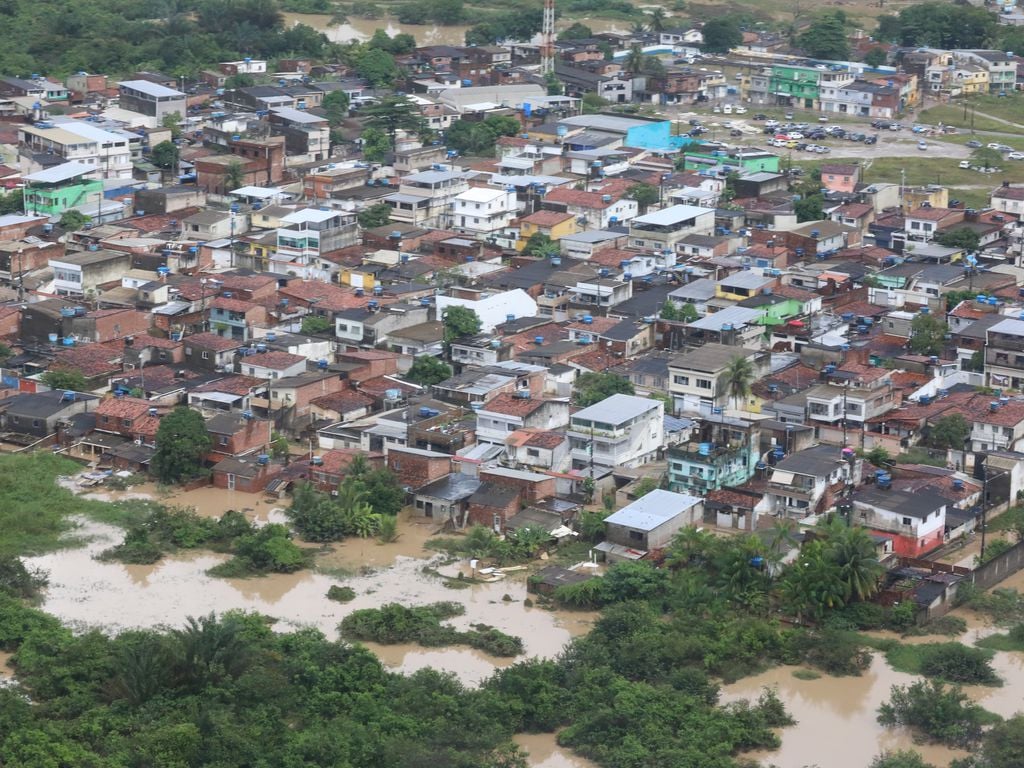According to the institute, in the three cities there is an unequal distribution of the consequences of environmental disasters, worsened by climate change.
ADVERTISING
The black and low-income population is the majority in areas considered at risk. In contrast, the mapped locations where there is little or no risk are inhabited by white people with higher income.
The study demonstrates that the absence of public policies favors the maintenance of environmental racism, a concept used to refer to the process of discrimination suffered by peripheral populations or ethnic minorities.
“Environmental impacts in cities are socially produced: they are not just the result of climatic events, but rather the result of negligence on the part of public authorities”, says Ana Sanches, researcher at the Pólis Institute.
ADVERTISING
In Recife, for example, researchers identified 677 landslide risk areas. The average income per household in the region is no more than R$1,1. This represents less than half the municipal average. In these places, the black population is 68%, while the rate of housing headed by low-income women is 27%.
(Top photo: Clauber Cleber Caetano/Agência Brasil/Reproduction)
(🚥): may require registration and/or subscription



